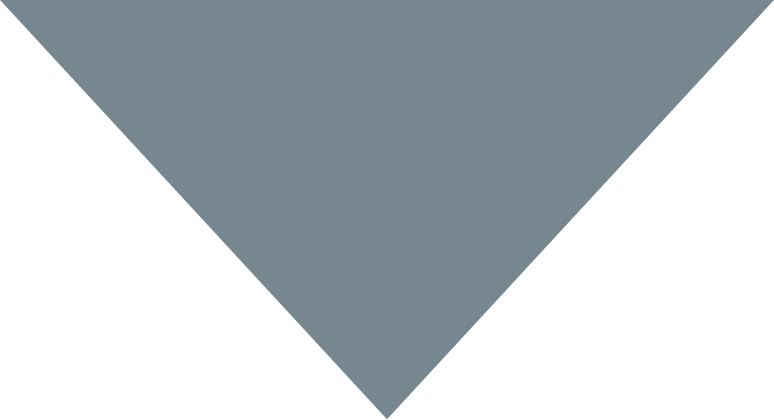
What we do
best

ABOUT US
Orbit Systems specialises in "the science of doing more with less" to help you make your business more profitable. We use a variety of analytical techniques that are collectively known as operations research. You’ll likely have a big and expensive decision to make so it’s worth the effort to spend some time figuring out the best possible decision; or you have the same type of decision being made repeatedly where even a small improvement in each one will make big savings. To find out more about what we do and how we do it please click on the links below.
The science of making better decisions
Management science, or operations research, is a specialised discipline for business decision-making. It involves solving problems that have complex structural, operational and investment dimensions involving the allocation and scheduling of resources.
Some problems are “one-off” while others need an on-going solution. Where an on-going solution is required we are able to deliver a framework for solving the problem in the future and, if necessary, a computerised solution integrated into an organisation’s existing information infrastructure. Some of the possible solution techniques include:
Orbit Systems has extensive experience in all facets of Operations Research to deliver the right solutions for your business needs.
In many situations, the same type of decision is made repeatedly as part of a planning cycle. Planners potentially spend a lot of time coming up with the proposed plan, and even a small improvement in each result will make model development worthwhile.
Average behaviour is the key with repeated decisions. The optimal outcome for each decision is not necessary as long as we routinely make at least ‘good’ decisions. An example of this is eating. No one gets healthy by eating the right food for one day. Happily, people won’t get unhealthy by eating junk food for one day, or several days in a row; as long as they make good choices most of the time.
Having a model to achieve this can save planning time as well as money. If it takes a planner until 4:30pm to calculate the daily plan, a company may have been operating poorly most of the day even though they had information to enable them to do better at 9am. And what happens to the quality of those solutions when the planner, who knows what they’re doing, is away?
If even a small incremental improvement in the quality of the multiple decisions justifies the investment, then you are likely to need us.
A very big decision must be made. Whatever it is, it’s going to cost a lot of money. So it’s worth the effort to spend some time figuring out if the best possible decision is being made. Even confirmation that the correct course is being taken might be worth the development of a model.
To know whether a model is needed, start by deciding the “size of the prize”. Ask yourself “if we made the best possible decision, how much would that gain?” and conversely, “if a poor decision were made, how much would that cost?”
The best solution may be apparent, even if we’re not sure how it’s achieved. For example, everyone knows the correct answer to the Rubik’s Cube, even if they can’t solve it themselves. So knowing where you are and how far from a good solution you might be is useful information. Sometimes it’s a question of asking whether an answer that is 1% better than the current one justifies further study. If it does, you likely need us – and we generally save a lot more than 1%.
How do you know this is a problem for Orbit Systems?
The chances are, you have one of these two types of problem:
Some simple questions will signal if an Operations Research-based solution is likely required:
If you’re not happy about the answers to these questions, it might be time to talk to us.
When problems are difficult to solve, any feasible solution can seem acceptable. But dig a little deeper and it often becomes clear that problem solvers have no way of knowing how close to the best possible answer they’re coming. And very often the person charged with solving problems is ill-equipped to improve on the quality of the solutions.
This can be because: